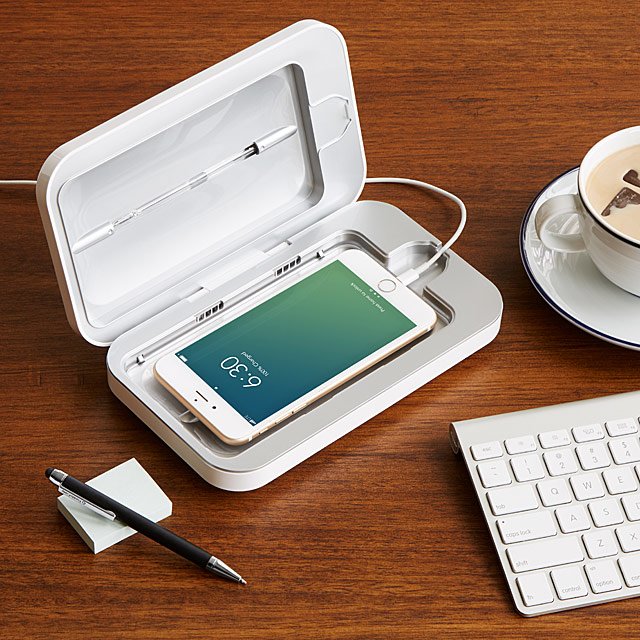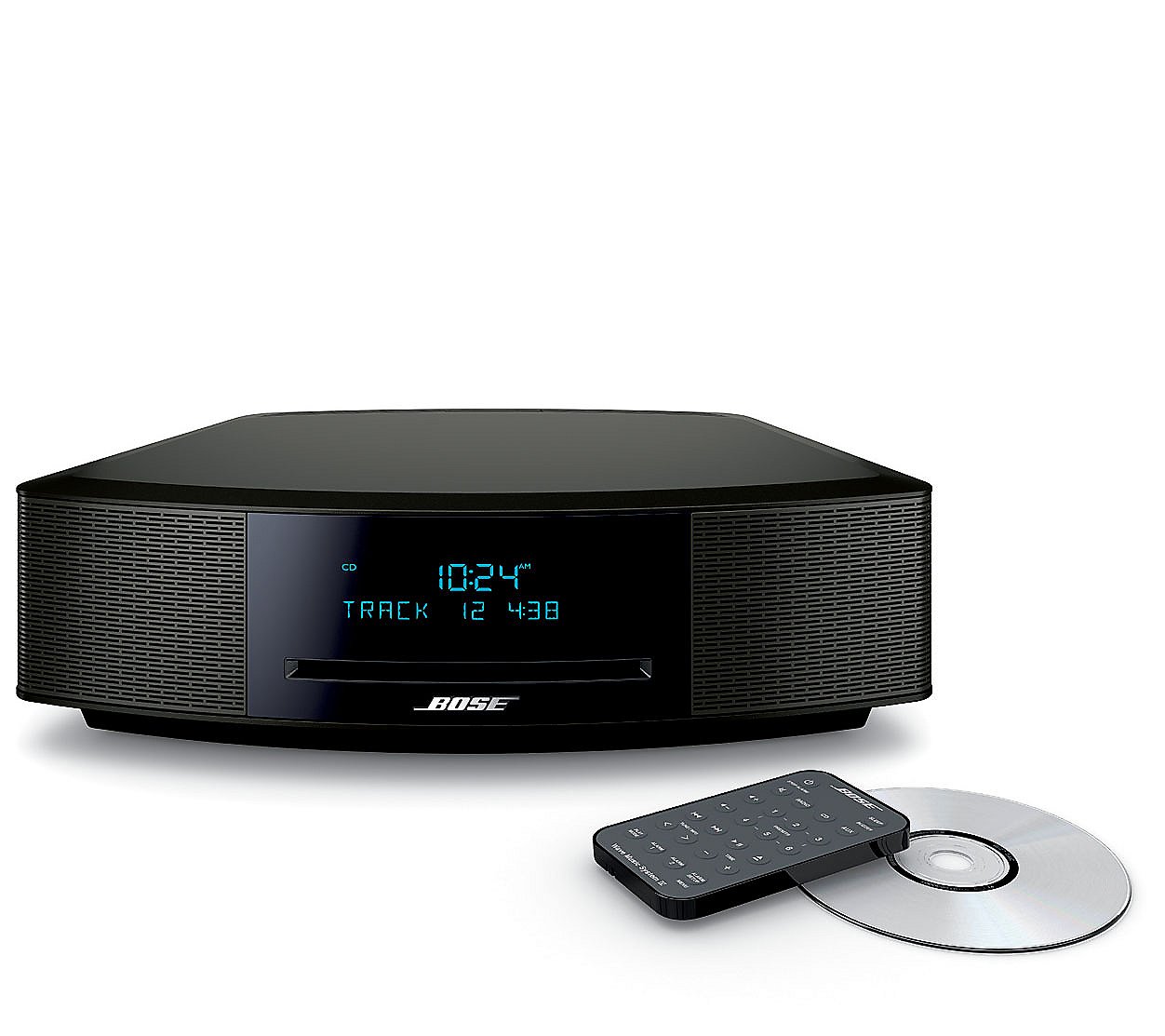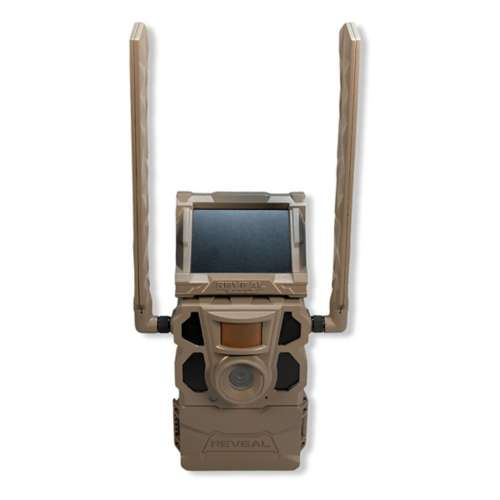PhoneSoap Smartphone Sanitizer – Phone Cleaner – Uncommon Goods
Zap touchscreen germs with this UV sanitizer that takes care of the dirty work for you.
Your handy electronic devices have one unwanted feature: They’re a breeding ground for bacteria. This easy-to-use sanitizer and charger helps zap most of those germs. Simply place your device inside it, attach the included charging cable, and close the lid. Ultraviolet lights do the dirty work. The case even has built-in acoustic amplifiers so you can keep listening to music or use your phone’s alarm while it’s getting its spa treatment.
PhoneSoap On-the-Go has a built-in rechargeable battery so you can sanitize and charge anywhere, anytime. It can power up to four full phone charges, or 45 sanitizing cycles.
PhoneSoap Wireless has built-in charging for Qi-compatible phones, so there’s no need to untangle any clumsy cables. Just put your phone inside to sanitize and charge it all at once. Made in China.
Additional information
| Dimentions | 7.6" L x 5" W x 1.75" D |
|---|






by Portland
My friend planned to make this purchase before the COVID-19 pandemic. This was the perfect gift for him.
by Brian
I use it a couple times a week to sanitize my phone, other family members use it for their phones also.
by Simon
This product is great, especially during the pandemic. I got this for my sister, who is a bit of a germaphobe, and it is perfect for her!
by Ally
We use it about once a week to clean our electronic devices. It works great. Only con is that it leaves the phone/device with a slight smell after, but it goes away quickly. Highly recommend!
by Barb
Both of my sons use this item when they return from work. One is in the food industry and the other is a plumber. Both professions expose their phones to many germs so this has been a very efficient and successful way to remove those hazards.
by Derek
I use this for all our cell phone, keys, and other small items that are used daily.